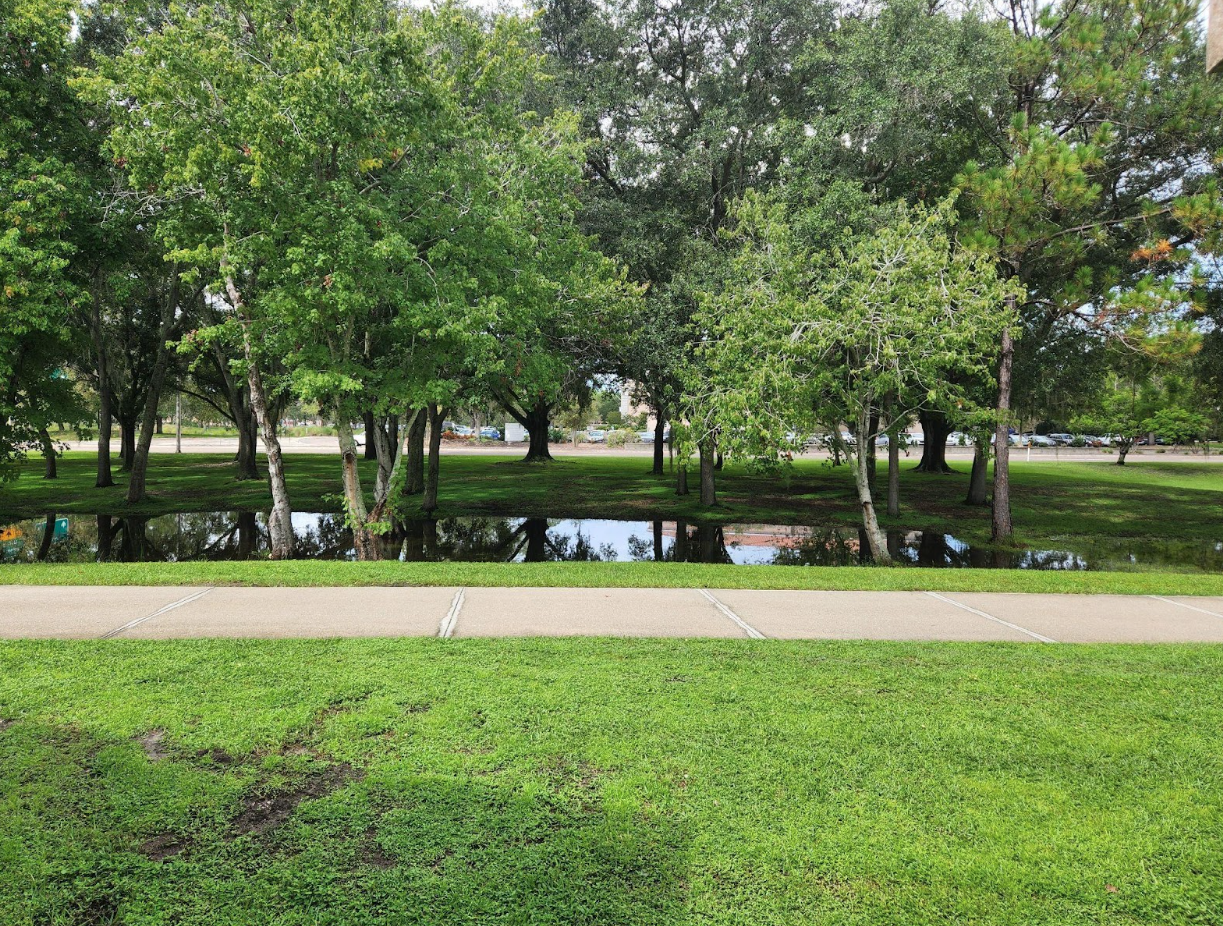It’s that time of year again: hurricane season is back and many incoming students, especially from out of state, don’t know what to expect.
Hurricane season is a six month-long period in which many states will experience more rain, more storms and of course – a higher chance of experiencing a hurricane. The Atlantic hurricane season is from June 1 to Nov. 30. This region includes the Atlantic Ocean, Gulf of Mexico and the Caribbean Sea. The state of Florida is also included within the region.
Hurricane season also happens to fall on the return of school. Students from all over the country have made their way to New College and many have never experienced a Florida hurricane season and are unsure as to what they should do or expect.
The Centers for Disease Control and Prevention (CDC) provides a few helpful tips for preparing for a hurricane. The first step is to make a plan:
- Write down emergency information including phone numbers.
- Prepare an emergency supply kit.
- Locate the nearest shelter in case of an evacuation.
The next step is to gather emergency supplies such as food, water, power supplies, safety items, important documents and a fire extinguisher.
The CDC emphasizes knowing the difference between a hurricane “watch” and a hurricane “warning”. A hurricane watch means that a hurricane is possible however it is not definite. Experts tend to announce hurricane watches 48 hours before the conditions are expected. A hurricane warning means that hurricane-force winds are expected. Experts announce hurricane warnings 36 hours before the conditions are expected.
The CDC also encourages those with vehicles to prepare their vehicle in case of an evacuation: Fill the vehicle with gas, get the vehicle in a protective area and keep an emergency kit within the vehicle.
The next step is to prepare homes and families:
- Go over the emergency plan with everyone involved.
- Check updates on the storm.
- Clear the yard and make sure there is nothing that can potentially cause damage to any nearby houses.
- Shutter windows and doors.
- Be prepared to turn off power.
- Fill water containers in order to have a supply of clean drinking water.
Finally, be ready to evacuate or stay home. If evacuating, bring an emergency kit, identification material, cell phones, chargers, medicine and other important items. Unplug all appliances before leaving to the nearest shelter. If staying home, know where the emergency kit is, listen to updates on the hurricane, stay inside, stay away from windows or doors and be ready to leave.
NCF also has an emergency hurricane plan set in place. Prior to hurricane season, the Incident Commander will meet with the Campus Police Department (CPD) in order to review plans and responsibilities. The CPD will be responsible for alerting any hurricane watches or warnings, providing updates and information to students and faculty and searching the campus for any potentially harmful debris. Prior to hurricane season, Facilities Management will investigate all gutters and drains in order to ensure there is no debris. Sand bags, water pumps and emergency generators will be available during the hurricane season. In the event of a hurricane, students are advised and encouraged to return home if they are able to do so. Those who are unable to relocate to their previous address will take shelter in the ACE building for the remainder of the hurricane.
It is important to know this information in order to be prepared for the event of a hurricane, especially in Sarasota, Florida. For both out-of-state and in-state residents, it is imperative to learn this information for the safety of everyone involved.

